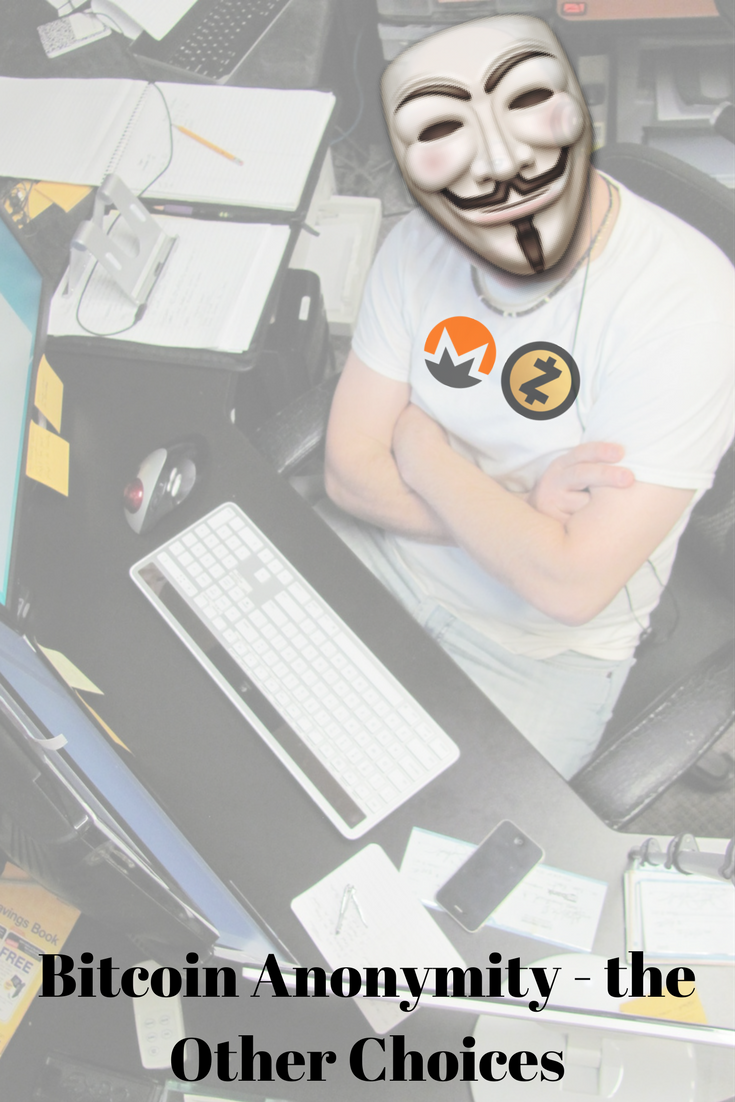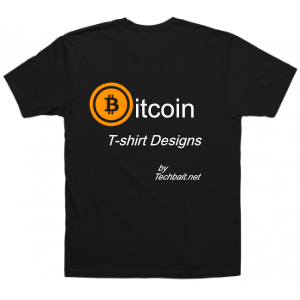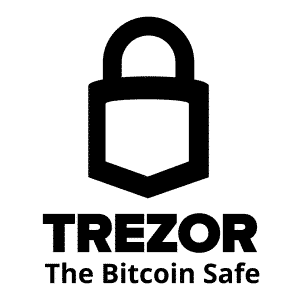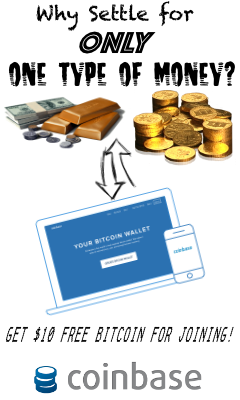Bitcoin isn’t anonymous because with some work you can actually trace back to who bought what with it, which made people nervous enough to create an anonymous alternative.
There was a time when Dark Web transactions were completed with Bitcoin, but today there are alternatives not just for criminals, but for those who truly want to obscure their cryptocurrency transactions.
Monero is a Powerful Cryptocurrency for Privacy
Yes, that’s it. Monero is an alt coin, or alternative to Bitcoin, which keeps identities secure and anonymous through the three main methods of ring signatures, stealth addresses, and RingCT. This keeps things anonymous, so they say. It’s better than Bitcoin and competes with the likes of Zcash, but it’s not completely secure. Is anything?
We’re going to get to it, but this interview with John Mcafee mentions Monero specifically when they touched on the apparent security of Bitcoin.
Zcash is Another Privacy Centered Cryptocurrency
Zcash needs to be mentioned because it also goes head to head with Monero with the same use case, which is privacy, but it aims to accomplish this in another way.
It was born out of a project initially aimed to offer better anonymity for Bitcoin users, but it ended up as another cryptocurrency. It has a fixed maximum units of 21 million, just like Bitcoin, and it has features to turn on/turn off the anonymity, called “selective disclosure”, to comply with anti money laundering laws and audits.
Monero vs Zcash
Here is a great comparison of the privacy of each of these cryptocurrencies, and I am going to use a quote with attribution since I honestly can’t state it better.
Both offer very good privacy, but are completely different. Monero is more practical (specifically addressing known issues), Zcash more theoretical and opt-in.
Zcash uses zero knowledge proofs which offer a “mathmatically provable” system to hide transaction details. Unfortunately there is much more to consider in protecting your privacy.
Monero uses older, better studied cryptographic “layers” to obfuscate the source of funds (traceable ring signatures), hide the amount (confidential transactions) and the destination (stealth addresses). Although these layers offer extremely good privacy, they can’t match the theoretically perfection of zero-knowlege. However the properties of Monero are better understood and we don’t know yet if Zcash is a bug-free implementation of the theory.
In the real world however, Monero offers one clear advantage: all transactions are private by default. Therefore as soon as you send Monero from an exchange to your wallet, funds cannot be traced. Zcash has two kinds of addresses: “z” private addresses and “t” transparent addresses (which are just like Bitcoin addresses). Exchanges use “t” addresses as do many users, and they are incentivized through lower fees. The privacy of all users is reduced by this choice to have “optional” privacy because the “transparent” transactions will reveal important data to observers and drastically reduce your anonymity set. Even if you are careful to always use “z” addresses, the people you send to and the exchange you buy from probably won’t.
Zcash also requires trust in the initial setup. If that was compromised or done incorrectly, someone could undermine the entire currency. Monero is easier to audit and we would know if someone was creating money out of thin air.
Finally, there is your physical location (IP address of the node that first relayed the transaction). This reveals a lot about who is doing what. Monero is funding a project called Kovri – a client for the I2P anonymity network. Once this is integrated with Monero client, the physical location of the sender will no longer be discoverable. Once again, this will be the default, so everyone benefits.
Zcash transactions may be deanonymized by combining IP addresses info, “t” address info, transactions coming into and out of exchanges and other metadata (eg public display of an address on a website, etc). Using TOR or I2P doesn’t help much because other people are not using the same software (once again we see opt-in privacy which leaves loads of metadata to be mined). 1
So it looks like Monero has the edge, and it’s pretty popular on the Dark Webs, from what I hear.
There is a rumor that when Coinbase adds more cryptocurrencies to its lineup, that Monero will be one of them. We’ll see.
The above article uses the words anonymity and security together. Well, you can be more secure through anonymity, but security can also mean the security of transactions from being intercepted and stolen. i.e. having your crypto stolen by hacker types.
Anonymity is more uncoupling or obfuscating your identity from your financial transactions.
Another up and coming contender is Verge (XVG). Verge was pumped by Mcafee and then later he trashed it, and that may have been part of an extortion scheme by him, but none of that is proven, so give him the benefit of the doubt. It has also been the target of a major FUD campaign saying that their wallet leaked IP addresses, but this has kind of been proven to be false. They also sort of fudged their Jan 1 2018 release of the Wraith Protocol, which is a BIG DEAL since NO OTHER crypto has anything like it. It allows the use to choose whether a transaction will be private or not. The XVG price took it on the nose after the New Year, but it may make a triumphant comeback if the benefits of Wraith are proven. The Wraith Team does need to pick up their game to avoid spooking investors, however.
**Buy Verge here**
Monero and Zcash were the best for this stuff, but Wraith may make Verge the eventual leader.
You would probably do better, though, keeping your crypto in a hardware wallet and not on an exchange if you are trying to keep your identity safe from your transactions.
Just sayin.















